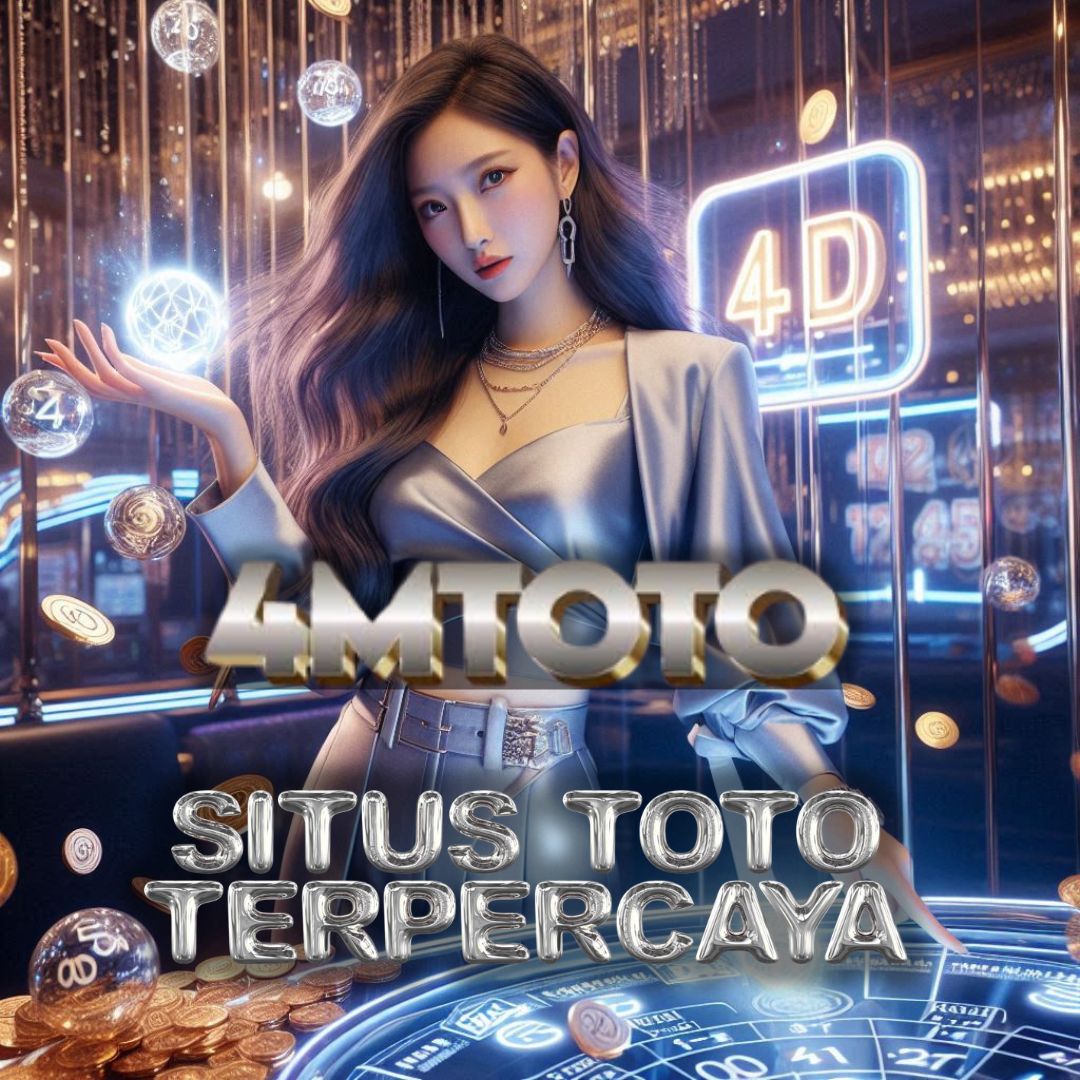4MTOTO ✨ Situs Toto & Togel Online Asia Terfavorit dengan Keluaran Togel Super Cepat
4MTOTO hadir sebagai salah satu situs togel online paling dipercaya dan menjadi favorit para pemain togel di Asia. Dikenal karena konsistensinya dalam memberikan hadiah besar, bonus melimpah, dan pelayanan yang profesional, 4MTOTO menjadi pilihan tepat bagi siapa saja yang ingin bermain togel dengan nyaman dan aman.
Keunggulan 4MTOTO terletak pada kecepatan jadwal pengeluaran angka togel yang selalu update secara real-time. Pemain dapat langsung melihat hasil keluaran dari berbagai pasaran dengan cepat dan akurat. Dengan dukungan sistem yang stabil dan fair play, 4MTOTO berhasil menjadi salah satu situs toto terbaik yang layak untuk direkomendasikan.
Jangan lewatkan kesempatan emas untuk memenangkan hadiah besar setiap hari. Cari "4MTOTO" di Google sekarang juga, daftar gratis, dan nikmati pengalaman bermain togel online terbaik yang aman dan terpercaya.

